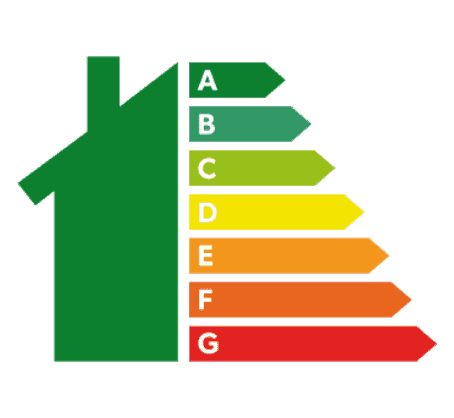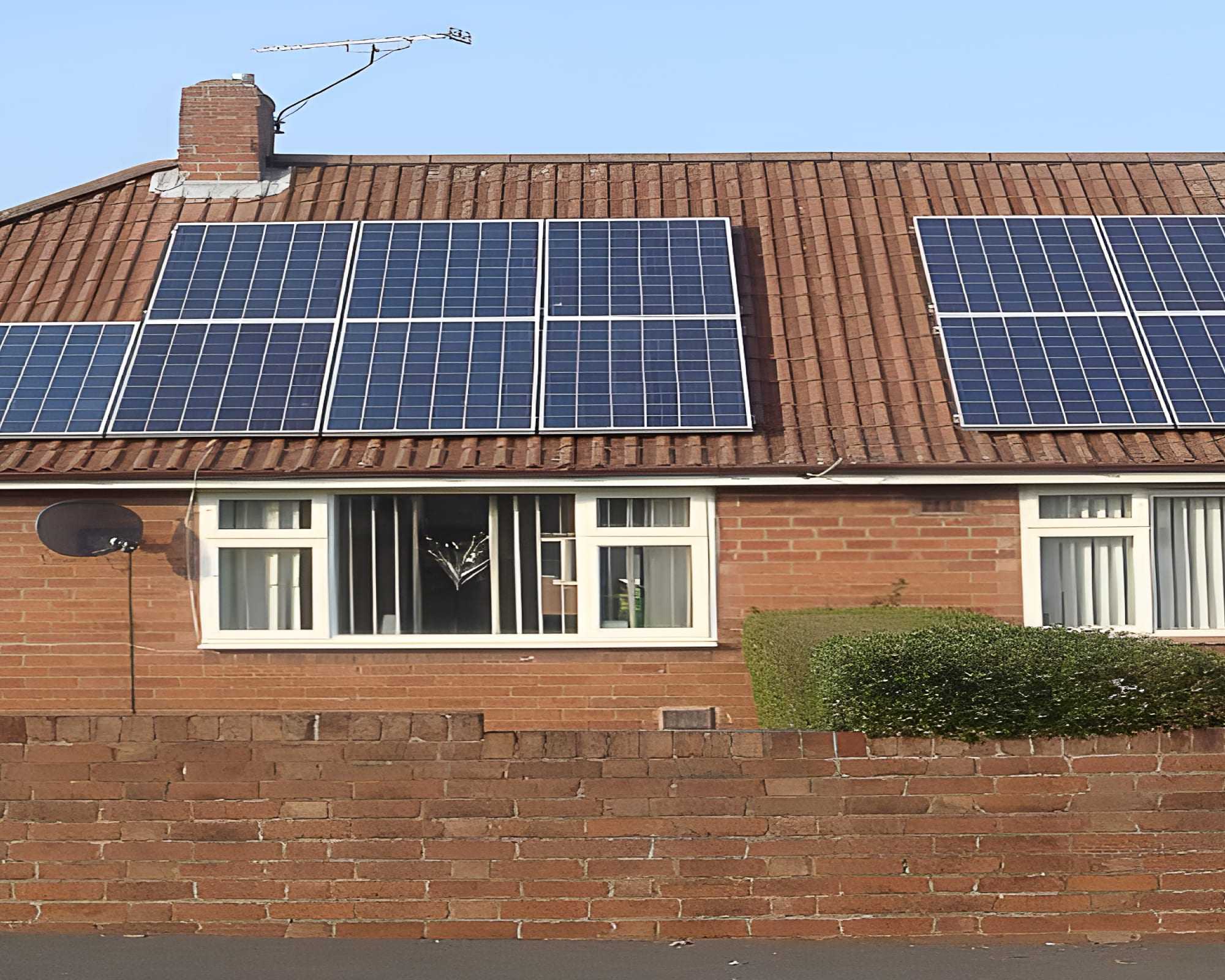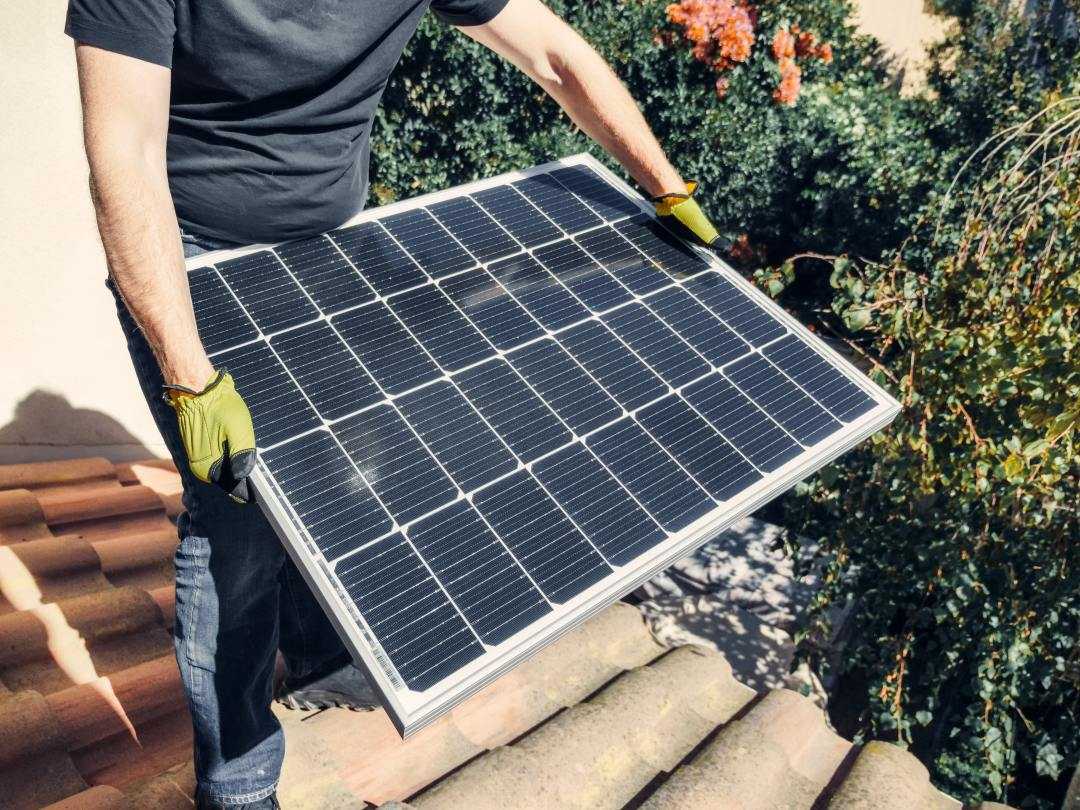
What Is an Energy Performance Certificate?
What Is an Energy Performance Certificate?
An energy performance certificate, also known as an EPC, is a document certifying the energy efficiency status of a property. Its purpose is to detail the property’s overall rating alongside highlighting its estimated energy costs going forward.
EPCs were first introduced into England and Wales in 2007, in Northern Ireland in 2008, and in Scotland in 2009.
Who Needs an Energy Performance Certificate?
Energy performance certificates will concern sellers, buyers, landlords, and tenants.
For sellers, an EPC is a legal requirement and will need to be in place before selling your home.
For buyers, an EPC will need to be obtained from the seller to help highlight potential renovations and, in some cases, be used to negotiate the sale price.
For landlords, an EPC is compulsory when confirming to tenants that your property has an EPC rating of E or above.
For tenants, an EPC should be seen before moving into a rented property.
Does an Energy Performance Certificate Expire?
To ensure that all properties are fully compliant with energy efficiency ratings, an EPC is valid for 10 years. So, after this time frame, it will indeed expire. But, it can be used multiple times within these 10 years.
Therefore, you will need to apply for a new certificate after this period, or face being fined. Yet, if you make any improvements or changes to your property or intend to sell it or rent it out, it’s also beneficial to request a new EPC to take account of such changes.
What Are the Energy Performance Certificate Ratings Explained?
Energy efficiency ratings are grades from A to G. An EPC rating of A is the best, meaning the most efficient property, whereas an EPC rating of G is the worst.
Each letter from A to G has a number that indicates its SAP, which is the government's Standard Assessment Procedure. There are several factors that a qualified assessor will consider when looking at how energy is used in each property. This combined score is how the overall EPC rating is arrived at.
Understandably, those new builds will have a high EPC rating, while older homes will have a lower EPC rating. The average EPC rating for a UK home is D. Overall, a higher EPC rating means a property that is cheaper to run.
Standard Assessment Procedure (SAPS)
EPC Rating A = 92 to 100
EPC Rating B = 81 to 91
EPC Rating C = 69 to 80
EPC Rating D = 55 to 68
EPC Rating E = 39 to 54
EPC Rating F = 21 to 38
EPC Rating G = 1 to 20
How Do I Get an Energy Performance Certificate?
To obtain an EPC you’ll need to enlist an accredited assessor. They will need to belong to an accredited scheme as they’ll be the ones to assess your property and issue your energy performance certificate.
The accredited assessor will survey your home and make an assessment. This will include assessing factors including heating, insulation, and ventilation. They will then take internal and external photographs discussing their findings and offer you guidance on energy efficiency measures as they recommend improvements.
How Do I Check The EPC of a UK Property?
The UK government has an online database whereby every EPC registered is available for public viewing. This means you can use the register to find the certificate of a potential property you’re looking at moving into or even look up your own home's EPC certificate. You can even search this register to compare the running costs of specific property types.
How Can I Make My Property More Energy Efficient?
Most energy performance certificates provide a list of improvements. These are numbered to reflect their importance and will vary on the property assessed. Yet, it is these recommendations that are the perfect place to start when looking to improve your EPC and make your home more energy efficient.
Replace your boiler - Old gas boilers are the most problematic when it comes to energy bills. By replacing your boiler with an energy-efficient choice such as an air source heat pump or ground source heat pump, you can cut your bills while improving your EPC rating.
Add solar panels - Solar panels produce greener and cheaper energy by converting the sun's energy into electrical energy.
Improve your property's insulation - By improving the insulation of your floor, loft, walls, and flooring, you reduce the need for heating and therefore lower your energy costs.
Upgrade your doors and windows - By adding double glazed windows and doors, you can help improve your property's energy performance.
Add low-energy lighting choices - A small but effective step, swapping out your old energy-draining bulbs for low-energy lights can swiftly help lower your energy bills.
For further information on energy performance certificates and ways to make your property energy-efficient, get in touch with the Energy Efficiency team at City Plumbing. Supporting design and estimate, we can provide advice on the best renewable technologies to help homeowners and businesses make sustainable changes.



